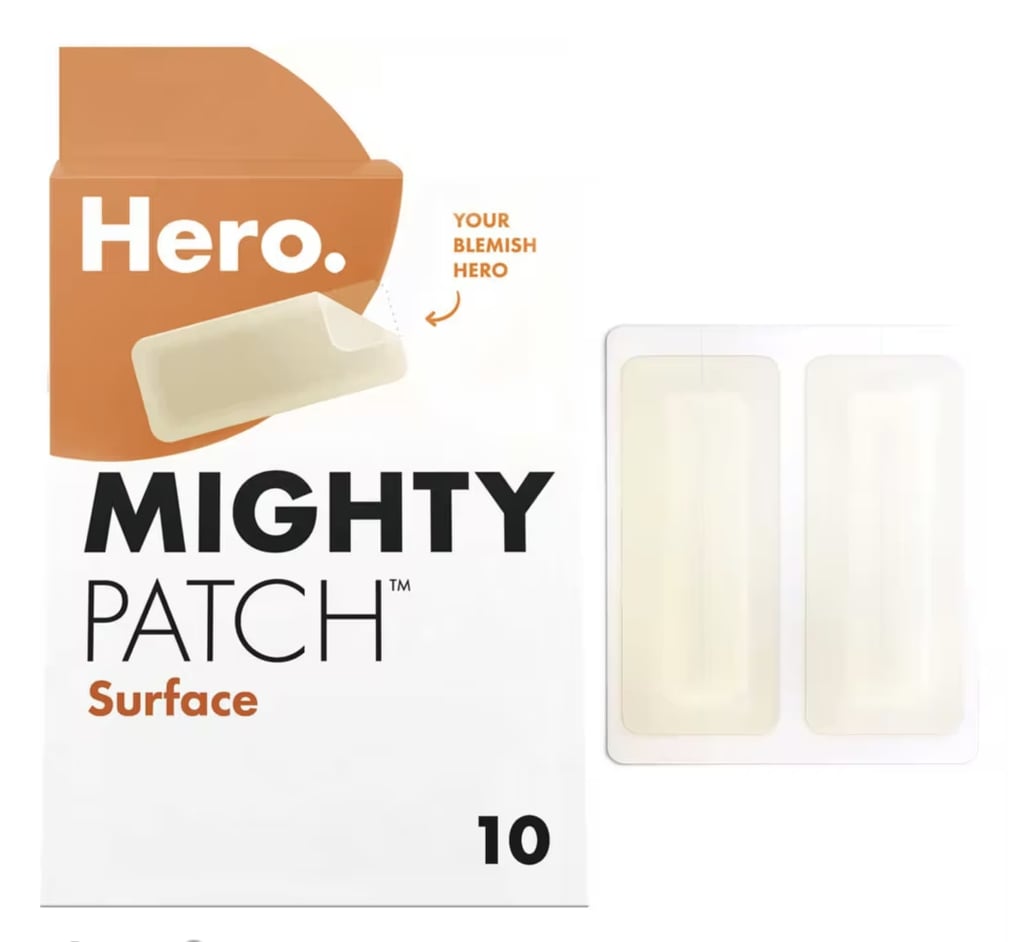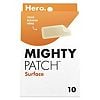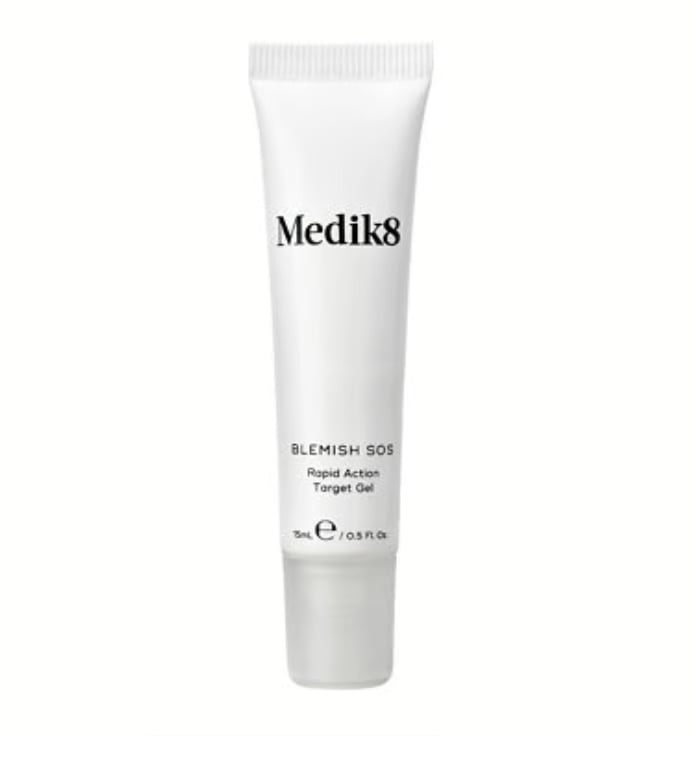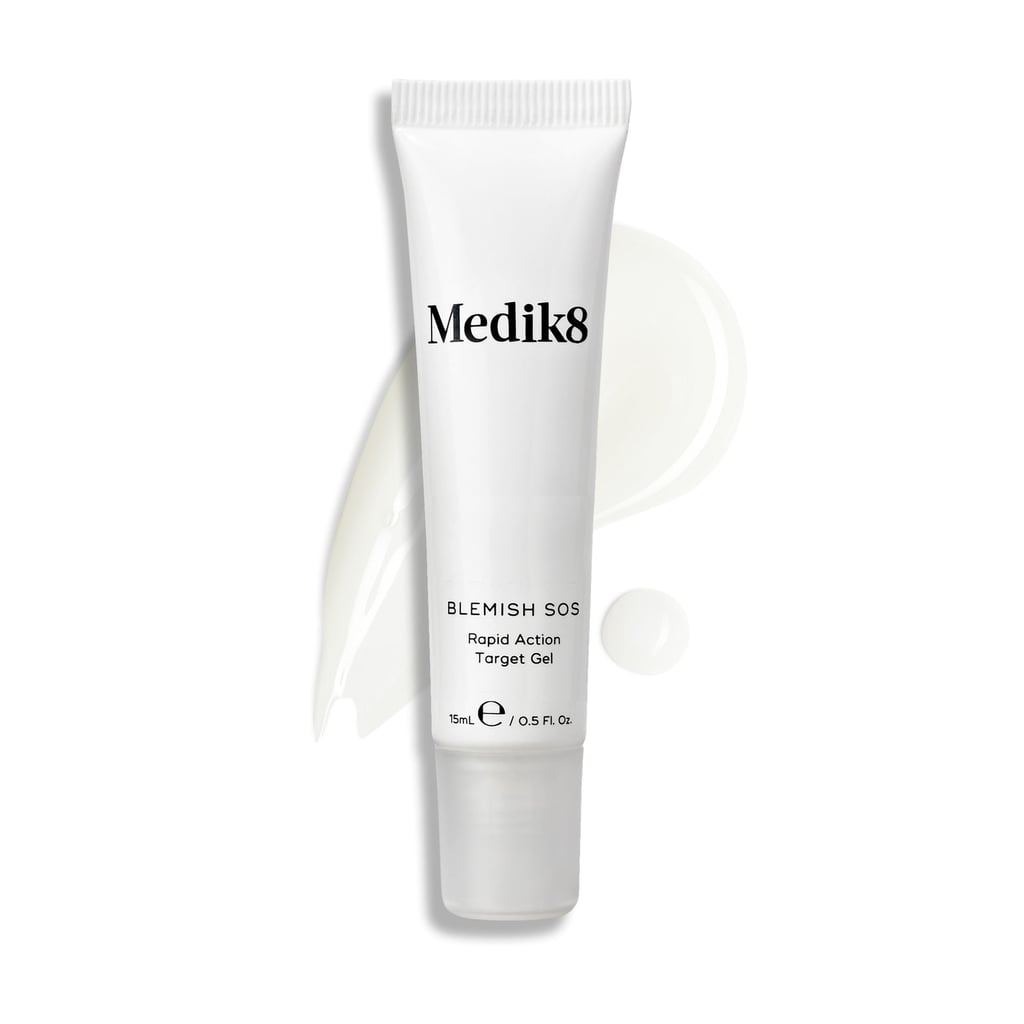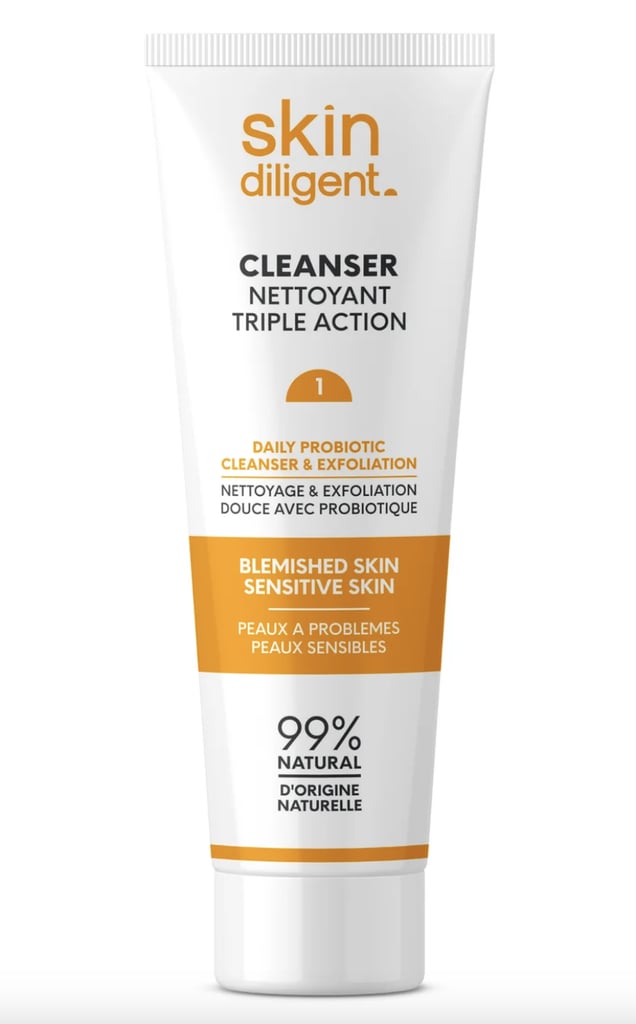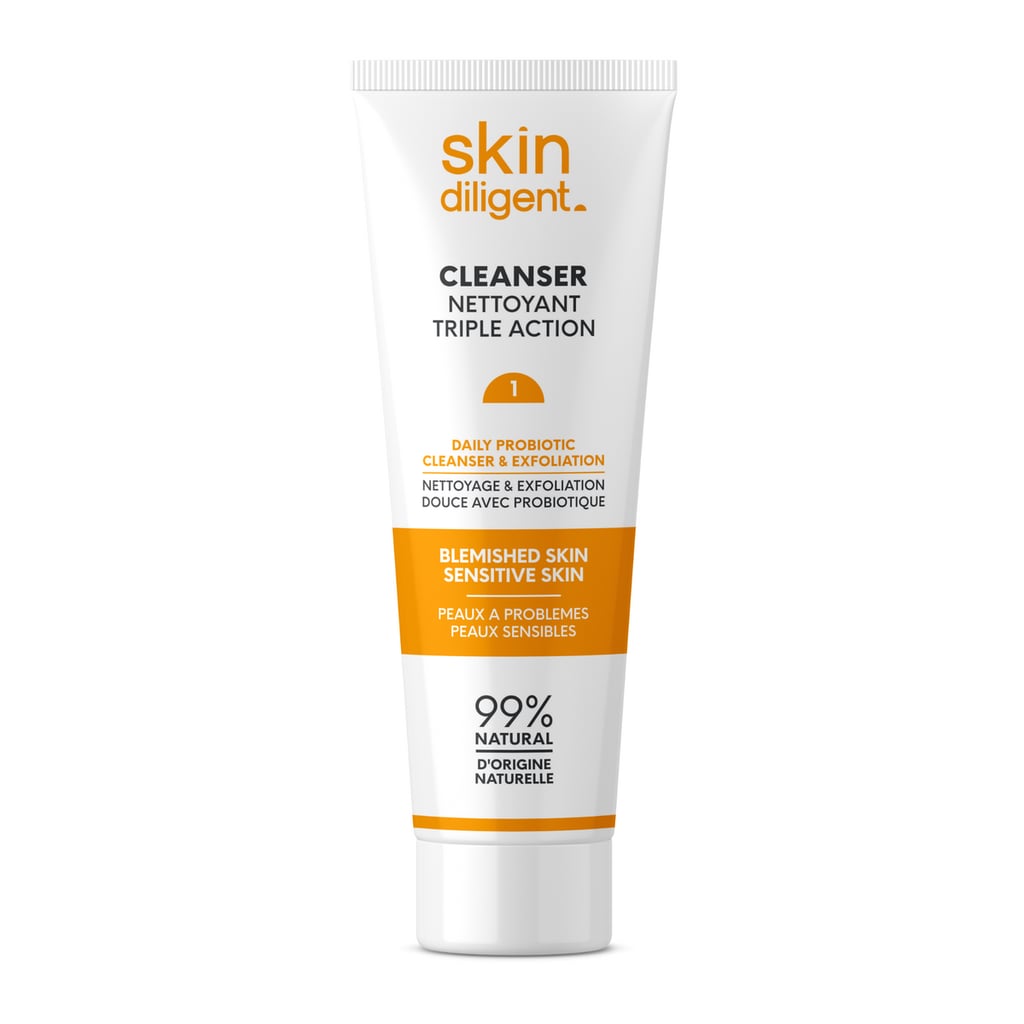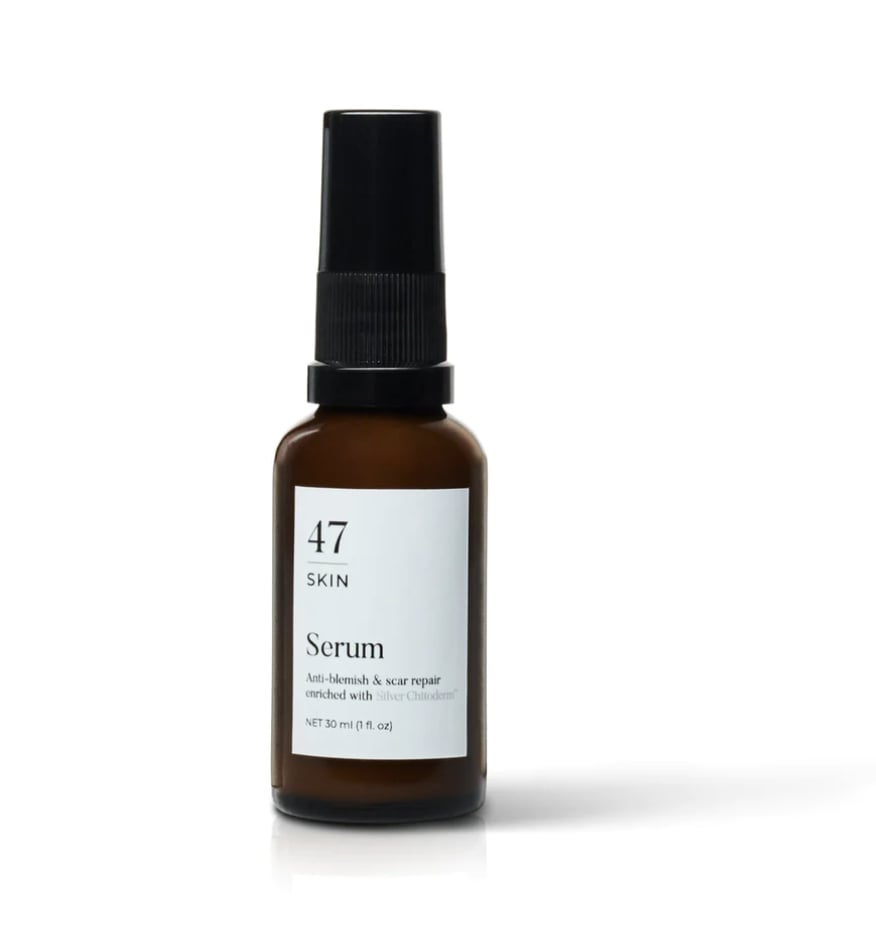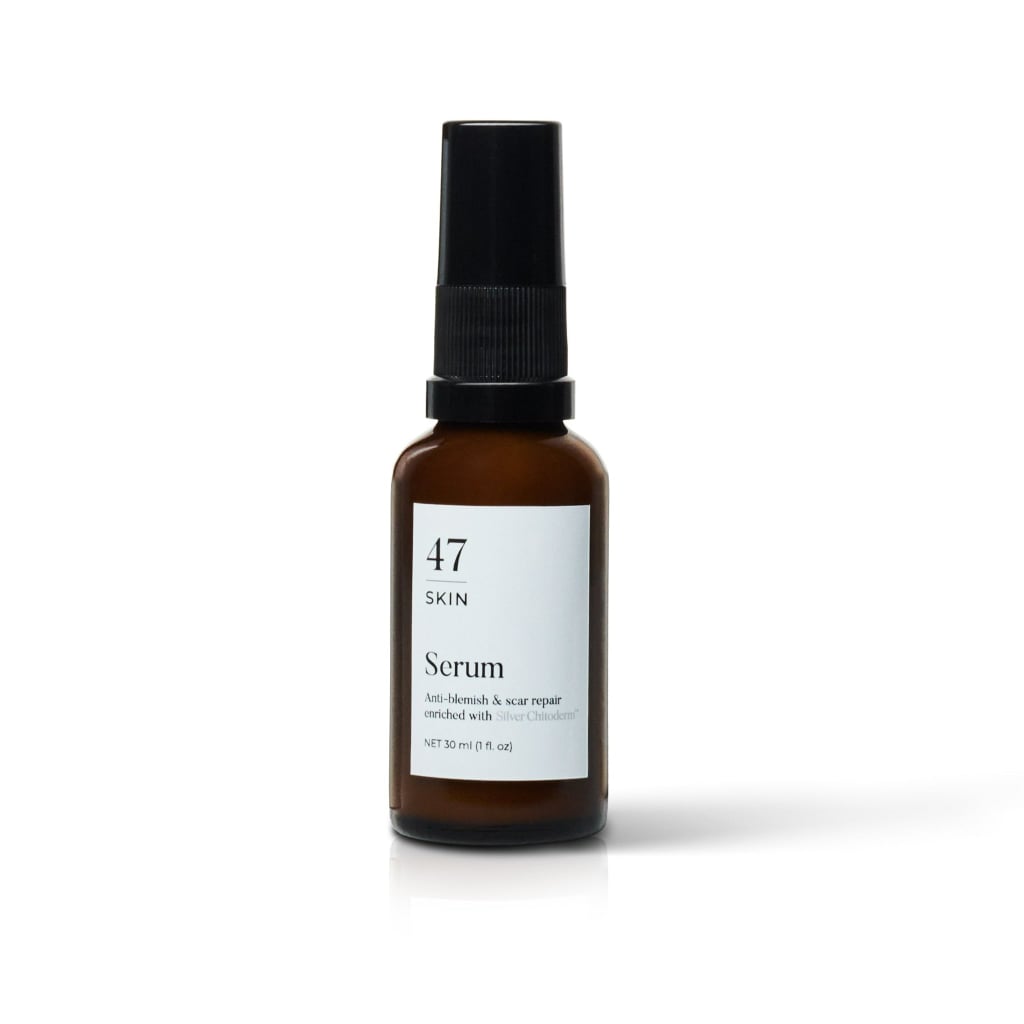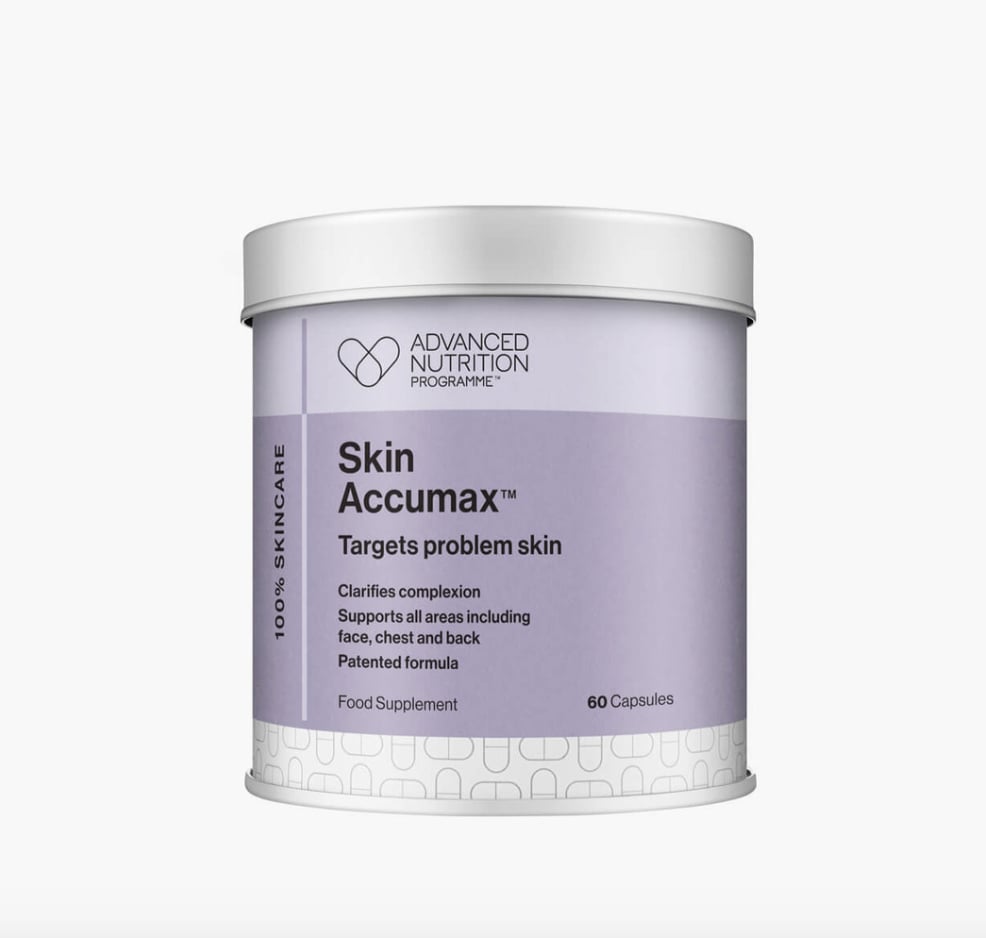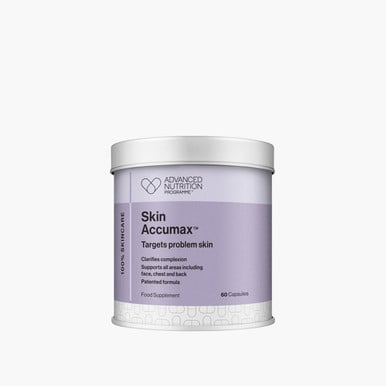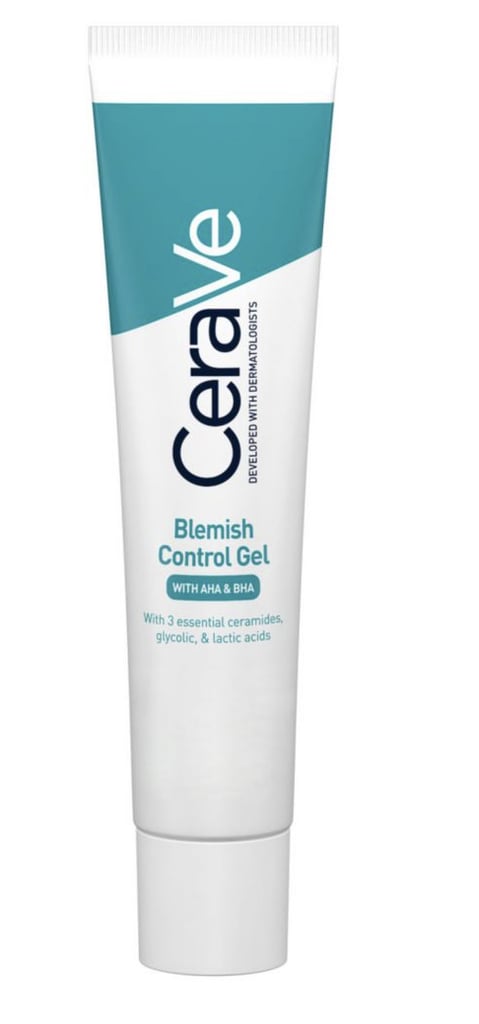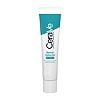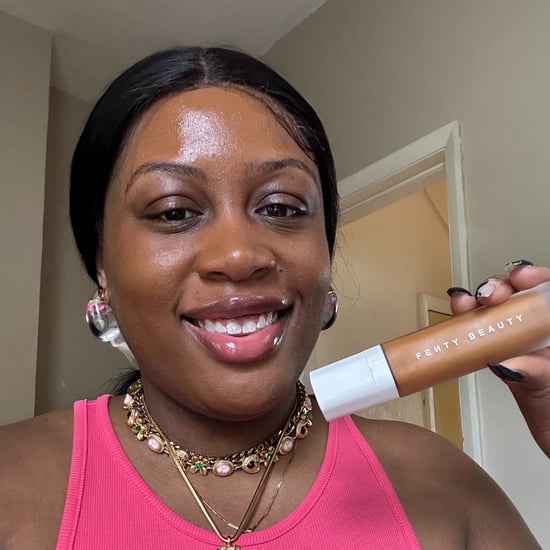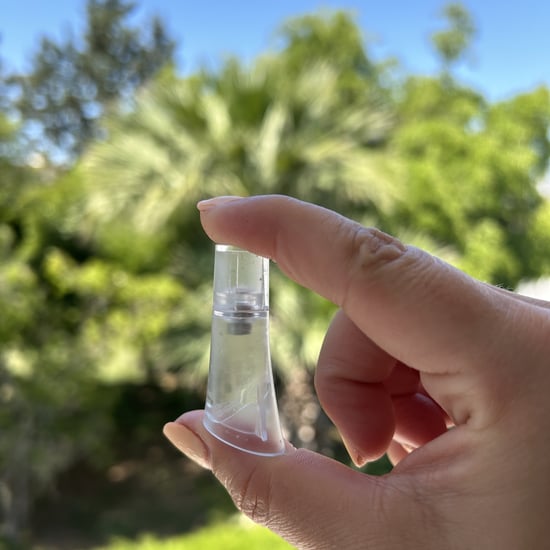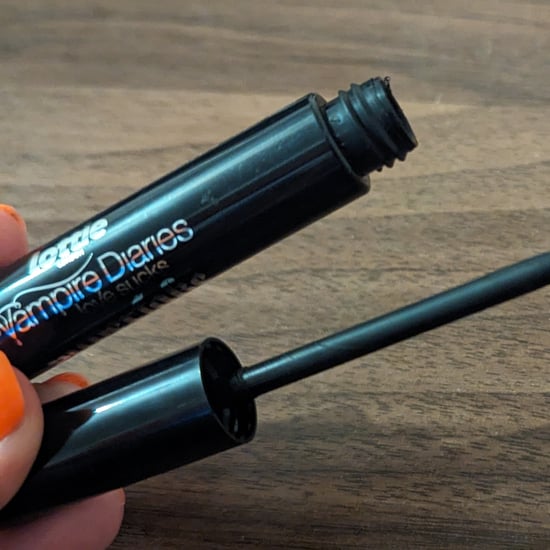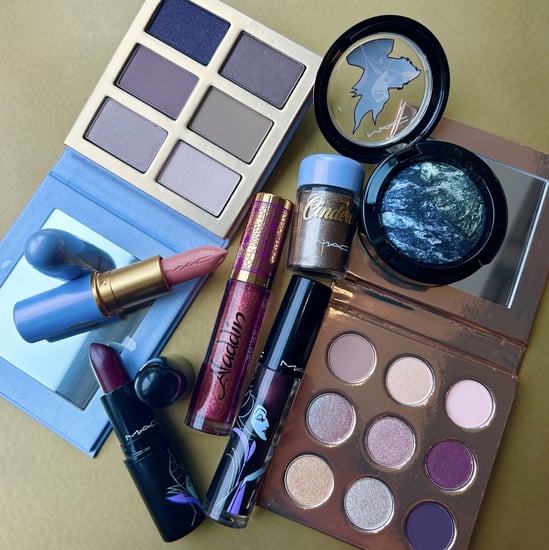Experts Recommend the Best Acne Treatments For a Flare Up
Acne Flare-Up? We Ask the Experts For the Best Acne Treatments
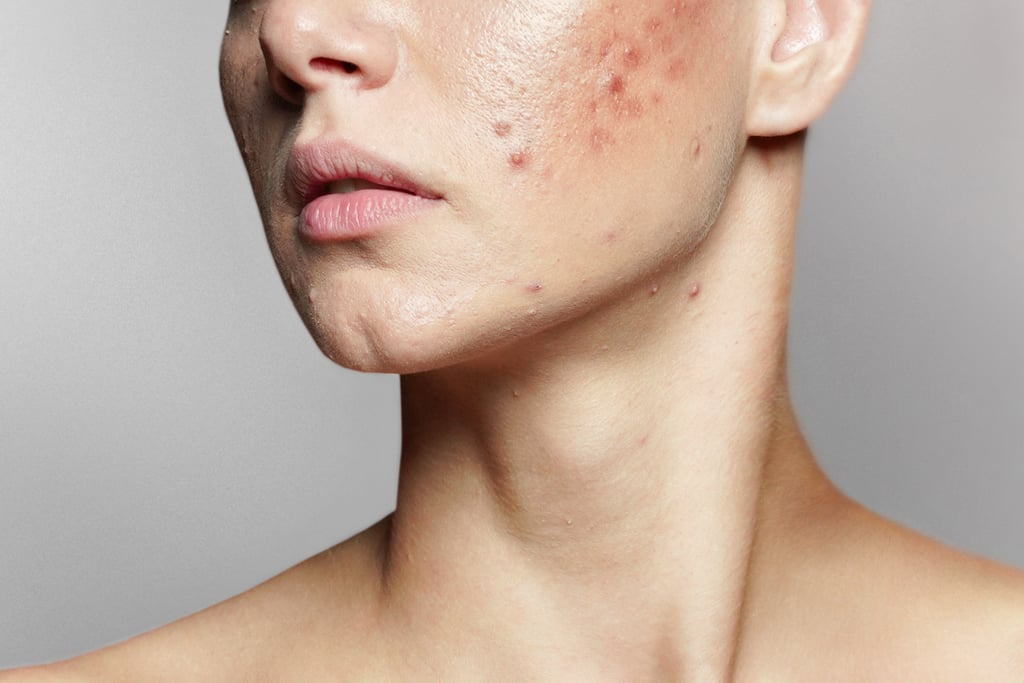
As POPSUGAR editors, we independently select and write about stuff we love and think you'll like too. If you buy a product we have recommended, we may receive affiliate commission, which in turn supports our work.
Acne is a word bandied around in the beauty industry a lot, which means there is a lot of misunderstanding when it comes to the different types of acne, how it should be treated and how to diagnose it. Although it is most prevalent in the UK for 16-24 year olds (35 per cent), just under half of all adults will experience 'problem skin' and a third will go on to develop adult acne.
"Adult acne has many similarities to acne in adolescent years with regard to both causes and treatments but can have its own distinctive symptoms and signs too," explains Dr Sonia Khorana, a GP and dermatology expert. "Adult acne can present with more inflammatory, red papules and sometimes fewer blackheads or whiteheads compared to adolescent acne. It usually affects the lower face, particularly the jawline/chin, the area below the jawline, the neck, and sometimes the chest," she tells POPSUGAR UK.
If acne is causing you concern, or you want some information on how to help you get your acne under control and prevent further flare ups we spoke to some of the top skin specialists and dermatologists in the UK to find out all the answers.
What are the main causes of acne?
When discussing acne, in general you need to consider the following causes: excess oil production, pores becoming clogged by skin cells/sebum and therefore getting affected by inflammation and bacteria, or cystic acne. Although all the aforementioned play a role, there are some other factors to consider specifically when discussing adult acne:
"It is still not fully understood what all the causes of acne are," says Tule Park, founder of Skin Diligent, a company she launched after her daughter developed acne and she wanted to understand the causes and treatment better. "However, we do know hormones and the gut microbiome have an important influence on acne. In the case of hormones, we know that too much androgens (the sex hormones) play a role in excess sebum creation, oestrogen and stress hormones like cortisol also play roles. For this reason, it may be simpler to say that deregulation of hormones (in plural) could be one of the causes of acne," she tells POPSUGAR UK.
"Conventionally, acne has been considered as a genetic skin condition," she continues. "But we now know thanks to more and more research, that acne is epigenetics — in other words, the food we eat, the assault of toxins in our bodies, and the stress we don't manage, all have an effect on the development of acne. We may be predisposed to having acne, but our lifestyle choices have a much bigger role in acne."
How Should You Treat Acne?
"A multi-pronged approach works best when it comes to acne," says CeraVe dermatologist, Dr Alexis Granite. "Therefore it is important to optimise a patient's entire skin care regimen, incorporating oil free products that provide hydration whilst not clogging the pores, as many acne medications may be drying."
Dr Granite believes supplements can help support the skin and for some patients, dietary modifications, may also play a role in the management of acne, but unfortunately not enough to control the condition on its own. "For mild acne, prescription creams such as retinoids and topical antibiotics are a mainstay of treatment," she tells POPSUGAR UK. "For more moderate to severe acne, oral antibiotics, hormonal treatment such as oral contraceptives or spironolactone, or isotretinoin may also be used.
However, according to Park this isn't always the best strategy. "The legislation on these medicines changed a few months ago, and now a GP or a dermatologist can no longer prescribe this drug without a seeking secondary medical advice," she explains. "Finally, the conventional practitioners are getting some sense that the overall health risks may outweigh the benefits of this drug."
This is why there has been a big movement within the dermatologist and skin care community to push for a more holistic approach which considers all the different causes, as well as what will work for your skin. If you are concerned you should always contact your GP and seek information from the NHS
Are there any ingredients you should avoid if you have blemish prone skin?
According to Dr Granite, during a flare-up and to prevent further blemishes, you should avoid rich essential oils and heavy emollients. "These can exacerbate acne by clogging pores and causing congestion," she explains. "Over-stripping the skin with harsh cleansers can also worsen spots by disrupting the skin barrier, so it's important to strike a balance between a thorough cleanse whilst not over-drying."
She also recommends avoiding mineral oil, petrolatum, essential oils, cocoa and shea butters for those prone to breakouts so it may be worth checking the back of your labels if you're going through a particularly bad period with your acne. "It's important when dealing with acne to strike a delicate balance between efficacy and potential for irritation. Many of the ingredients we use to fight blemishes can be drying including salicylic acid, AHAs, benzoyl peroxide and retinoids. When acne-fighting ingredients are in overly-stripping products or are overused, sensitivity and irritation can then occur, leading to potentially more breakouts and/or product intolerance."
Are there any ingredients you should include in your skincare regime?
"This is a controversial question as the conventional treatments will push for efficiency without any regards to the side effects," says Park. "Contrary to what many people say, well balanced oils are friends of acne sufferers with a damaged skin barrier (as a result of the harsh treatments they have been using, not caused by acne). So it is important to use good oils, not avoid all products with oils." Park also recommends adding anti inflammatory ingredients like vitamin C, niacinamide, into your skincare treatments as well introducing certain acids (BHAs like salicylic Acid) and AHAs to help slough off the dead skin cells, azelaic acid, and well balanced non-saturated oils like jojoba, moringa oils, for improving hydration levels.
The Best on the Spot Acne Treatments
Starface Hydro Star Pimple Patches
"It is also very common to experience dryness, sensitivity or a damaged skin barrier when using acne or blemish treatments with retinoids, salicylic acid or benzoyl peroxide. While your skin barrier is compromised, it can be quite tricky to continue managing blemishes," says Dr Khorona. "Pimple patches are ideal for treating individual blemishes or breakout areas as they foster a moist environment which allows for faster and improved healing time. Most importantly, they block you from being able to pick."
Starface Hydro Star (£15) may be worn by Gen Z as a fashion statement, but the patches contain Hydrocolloid, clinically proven to help absorb fluid and reduce inflammation to shrink pimples overnight. So wear those stars with pride.
Hero Might Patch Surface
Another option, particularly beneficial if you have a larger area or cluster of spots is Hero Mighty Patch Surface (£15) which cover 10X the area of a single pimple patch to not only treat the blemishes but prevent you touching or picking at the spots.
"This hydrocolloid patch absorbs fluids, like pus and oil, from your pimple while also protecting the "wound" — your blemish can now heal in a somewhat sterile and moist environment which is key for preventing scarring and speeding up healing time! Basically, it's great for people who pick at their spots because it's going to stop you from doing exactly that!
It's also been used in medical settings (for eg burns, wound) for several years," says Dr Khorona.
If you're looking for a target spot lotion then Dr Granite recommends Medik8 Blemish Spot Gel (£17) as it contains azelaic, salicylic and dioic acid as well as niacinamide to decongest and soothe the blemishes.
The Best Products To Prevent Acne
Park recommends Skin Diligent Cleanser (£17), a non-foaming cleanser rich in glycerin and contains protium heptaphyllum resin, a rare botanical ingredient sourced from the Amazon which is said to have anti-inflammatory properties. It works to help restore the balance of the skin's microbiome, which plays an important role in the development and causes of acne.
47 Skin Serum
Bacterial acne typically invades the oily skin areas such as the forehead, nose, and cheeks – this can be the presence of red, tender, and frequently inflamed cysts, pustules, and pimples. Bacterial acne can be further triggered by medications, diet and genetics. It's incredibly important to treat this acne type with gentle, nurturing ingredients that won't further inflame your breakouts.47 Skin Serum (£29) uses silver chitoderm which has been clinically proven to reduce inflammation and cause your skin cells to regenerate, whilst still being gentle and hydrating on your skin.
Advanced Nutrition Programme Skin Supplements
"From day one of medical school, we are taught to always be holistic, to treat our patients as a whole and that prevention is better than cure. Advanced Nutrition Programme Skin Accumax Supplements (£48) are absolutely key to this. I have suffered with acne since I was a teenager and it continued into my adult life. After starting the supplement, I immediately noticed a significant change in my skin. It seemed less oily, there was less irritation and redness and it had a more healthy glow. I was impressed but remained sceptical as the biggest test was to come off my prescription only medicines and wait to see what would happen with my acne. I have now been off all medication for over eight months and I can tell you that my skin is the best it has been. I have no side effects at all and my acne is completely controlled by just using these supplements and topical skincare products alone."
CeraVe Blemish Control Gel
Dr Granite recommends CeraVe Blemish Control Gel Moisturiser (£15) as it contains three essential ceramides and a powerful exfoliating blend of alpha and beta-hydroxy acids (AHA and BHA) including glycolic, lactic, and salicylic acid. Unlike some of the other targeted options this can be used all over the face and neck, so it is ideal if you have multiple affected areas. It can also be used on your back and chest if needed.
Lauren Ezekiel is an associate editor at POPSUGAR UK, where she writes about all things beauty and wellness. With a degree in journalism and 12 years' experience as a beauty editor at a leading Sunday supplement, she is obsessed with skincare, hair and makeup, and is often found offering advice to innocent bystanders. Her work has been published in Grazia, OK, Health and Beauty, The Sun, ASDA, Dare and Metro.


